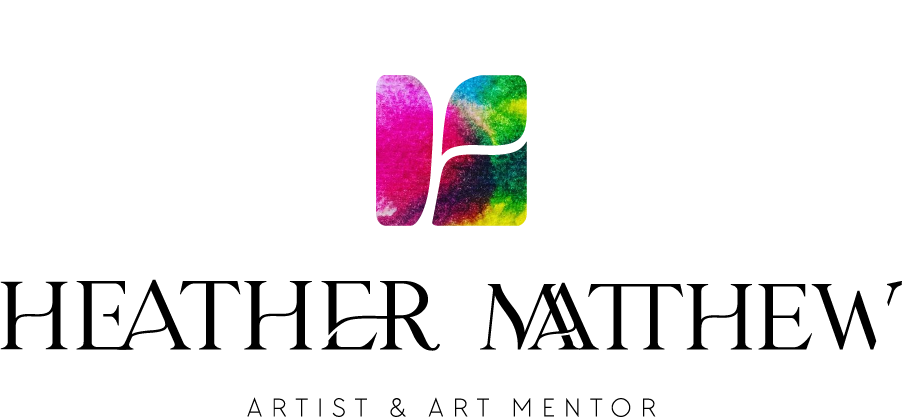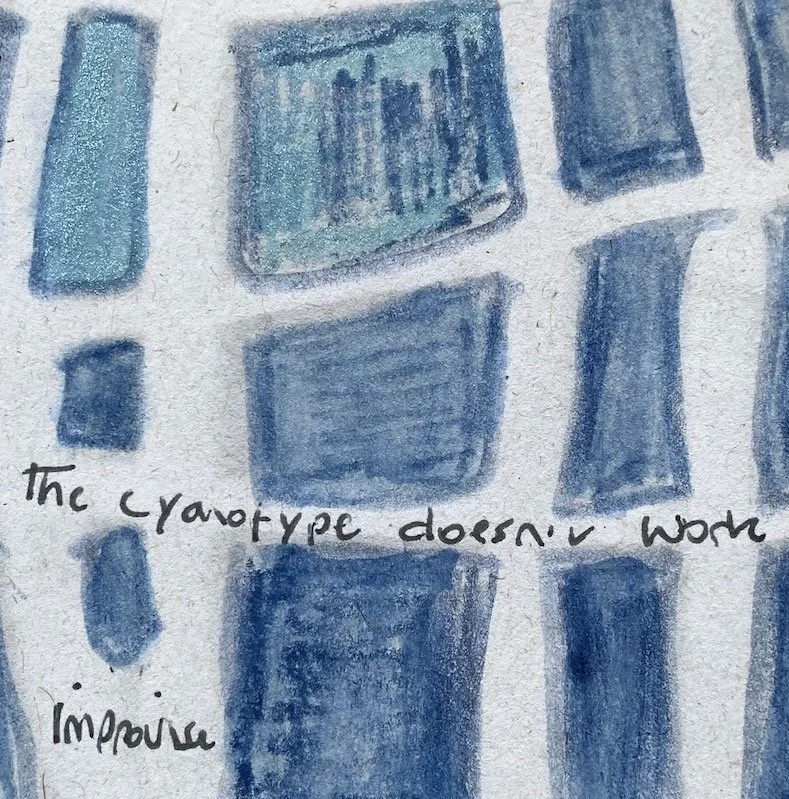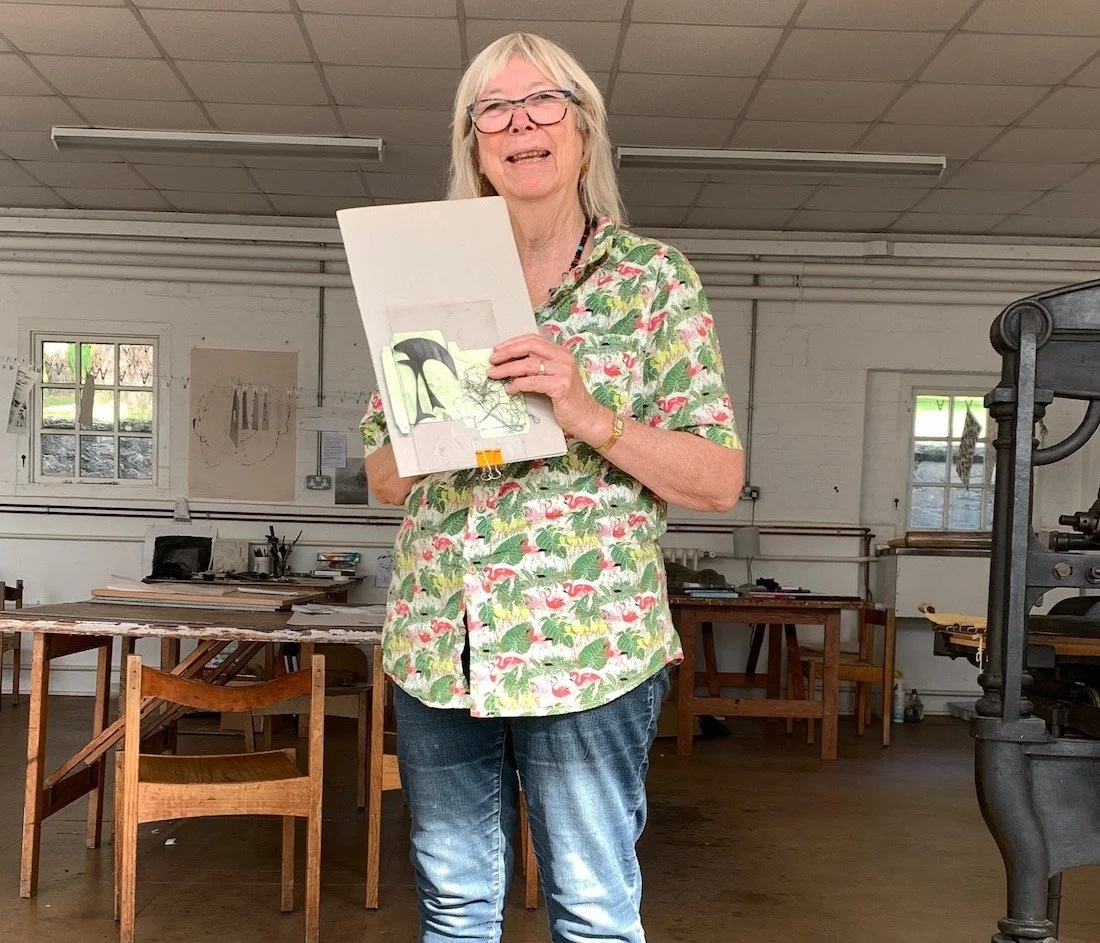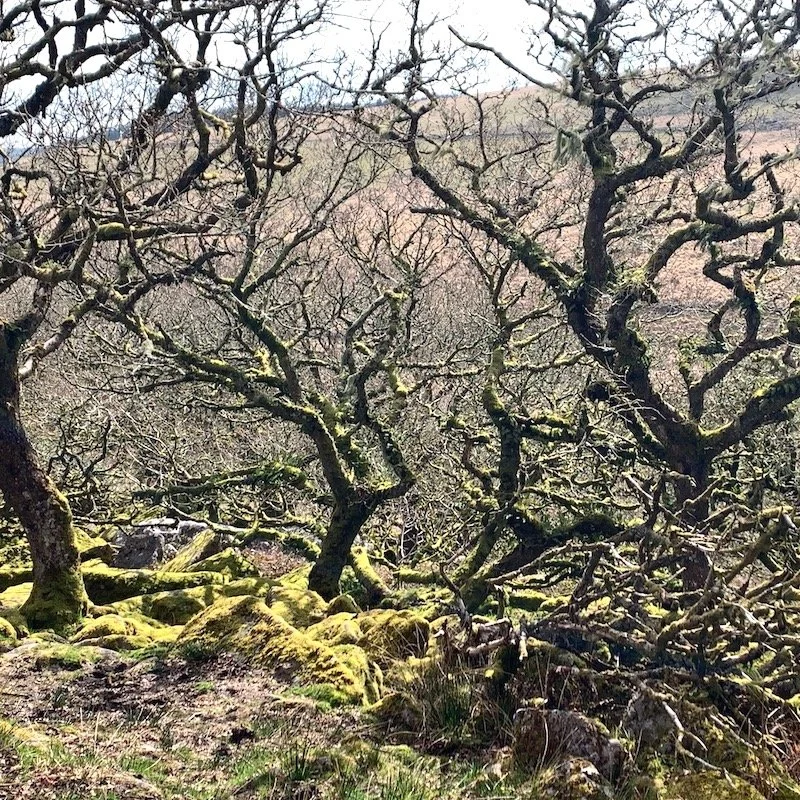Mapping with Mud
This doodle in my sketch book became the inspiration for mud map making
Every day I walk up to the print studio from where I am staying at the campsite. It’s a steep hill and I’ve started counting the steps as I walk.
It’s 300 steps to the first place where I stop to have a breather. I then take off a layer of clothes as I get ready for the steepest climb, from the High Cross House driveway to the gate to the growing fields.
Another 200 steps from there to the leaning tree with its hidey holes for little creatures. I know that the worst part is now over, so I lean on the tree and breathe a bit more.
Then it’s the last stretch of hill until I get to the top where the gates to the Dartington Gardens are. With a click of the latch I’m through the gate and under broad branching trees in the downward slope to the print studio.
There are a few more steps up and down to the print studio, but they are manageable. Usually when I arrive at the print studio I’m worn out, so it’s coffee and a sit down.
The other day I found some dead dandelions when out walking and brought them into the studio to try them out as a cyanotype exposure on some papers I had coated while in Australia. The chemical solution must have been old so the blue didn’t take. But I liked the pattern so I drew it in my sketchbook and coloured it in blue.
When making some monotype prints this week, I drew the same pattern. Then this weekend I was doing an indigo dying/mud resist workshop and started using mud in the same grid lines. When I looked at them all, it became obvious that I was making a map.
Each mark became a step and the circles became stopping points or breathers along the way. These shapes came out of the failed cyanotypes I first made and now I can see the patterns became paths and the repetitive paths were my journeys to and from the studio.
This became my daily entry for my three little words research blog: walk. pause. breathe
Mud resist on calico before dying - becomes a mud map





